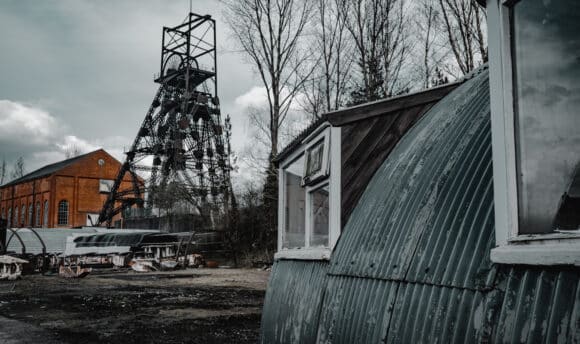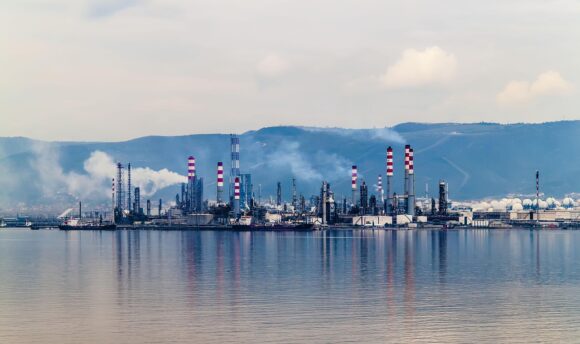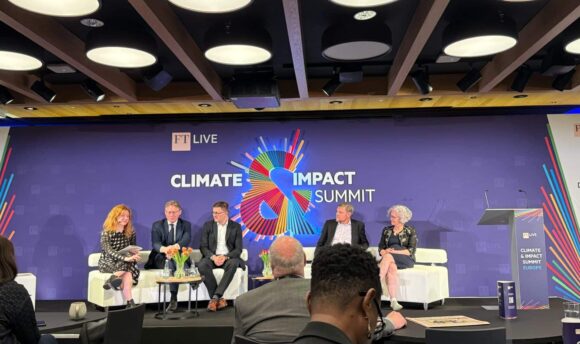Perhaps a conference of insurance actuaries isn’t the first place you’d look for bombshell headlines, but that’s exactly what a reporter for the Australian Financial Review found this week.
Attending the Actuaries’ Institute’s climate change working group, the AFR spoke with Sharanjit Paddam, a principal at Deloitte and convenor of the working group.
Paddam warned that insurers may no longer be able to provide coverage for coastal areas where sea level rise and cyclone risk becomes too great.
"If we don't do anything and end up with a four-degree temperature rise, I think it's inevitable there will be large parts of Australia where it's going to be uninsurable. This is actually one of the biggest risks to insurers."
Latest analysis of “business as usual” temperature rise baked into the assumptions of fossil fuel company’s growth plans and International Energy Agency projections are for a 5 or 6 degree (celsius) temperature rise.
So climate change now “presents a range of potential reputational and financial risks for insurance companies”, and the models they use to predict risks and disasters aren’t keeping up with the pace of change.
The article also noted that 2017 “will likely prove to be the costliest year in the history of the global insurance industry”.
It noted that Australian insurance major QBE, with significant business in the US, has already exceeded its catastrophe budget by $US600M which has contributed to an operating loss.
“Including Maria and emerging catastrophe events, 2017 could be a worse catastrophe year than 2005, when there was $US77 billion in insured losses related to Hurricanes Katrina, Wilma, and Rita.” — S&P Global Ratings
Perhaps these increasing risks to their core business models will finally implore insurance companies to close the gap between their talk on climate change and their behaviour. Our soon to be released Scorecard next month will show how many major companies continue to invest in and underwrite coal and other fossil fuels, which is unacceptable.



